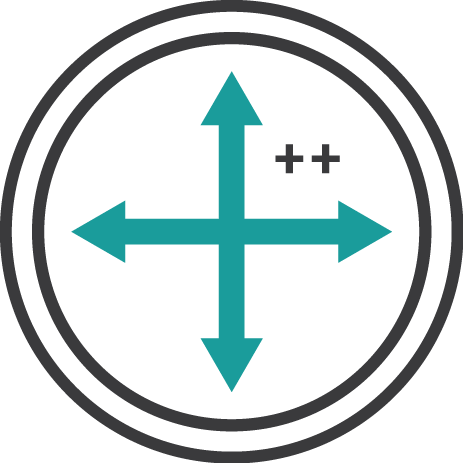

Module 1 : iOS Development Environment.
Introduction to iOS SDK.
What’s new in iOS.
SDK Tools.
What’s new in Xcode.
Using XCodeUsing Interface Builder.
Using iPhone Simulator .
Module 2 : Swift Fundamentals .
Hello Swift.
Swift Playground .
Module 3 : Swift Language Basics.
Core Data Types.
String Type.
Tuples & Optionals.
Constants & Variables.
Statements & Operators.
Control Flow & Decisions.
Functions.
Module 4 : Basic Object Oriented Programming using Swift.
Structs.
Types versus instances.
Member and static methods.
Custom initialization & De-initialization .
Classes.
Initialization.
Methods.
Properties .
Module : Advanced Object Oriented Programming using Swift.
Optionals.
Introducing optionals.
Unwrapping an optional.
Optional binding .
Nested Types.
Generic Types.
Protocol .
Module 6 : iPhone Application Basics and Life Cycle.
Anatomy of an iPhone application.
Application Life cycle and States .
Module 7: View Controllers.
Basics.
Creating View Controllers.
Content vs Container View Controllers 10.4. Orientation Management.
Module 8 : Networking, Connectivity etc.
Making web request.
Restful services.
JSON.
Apple Push Notification Service .
iOS Iphone Apps Development Workshop
iOS Iphone App Development Basic Intermediate 30 Hours
Rs.20000(In offer limited time period)
Rs. 25000

© 2024 Positive Quadrant Technologie LLP.